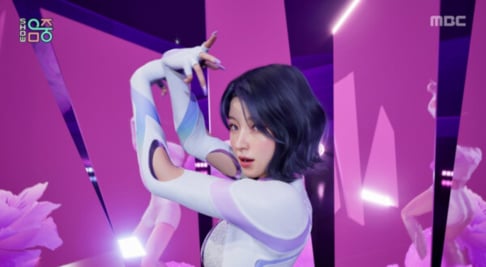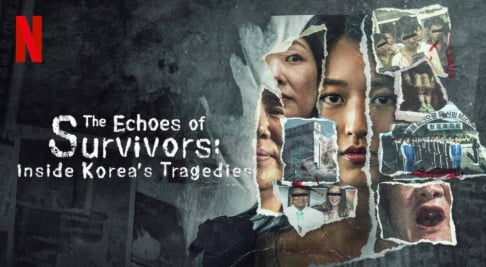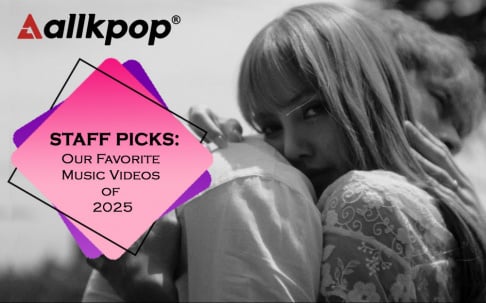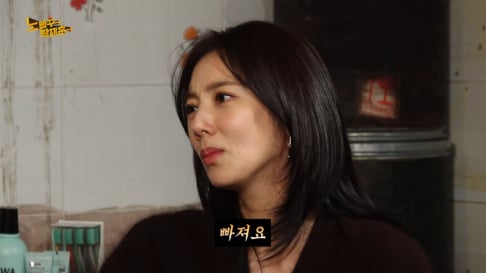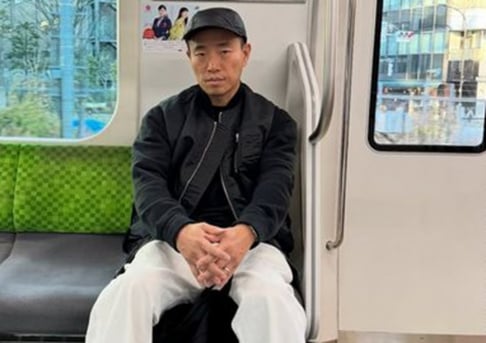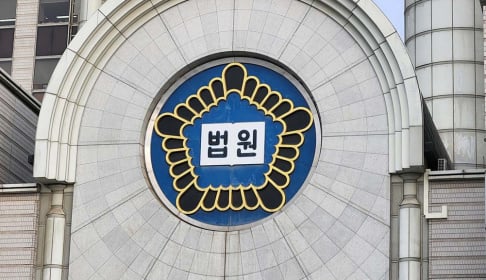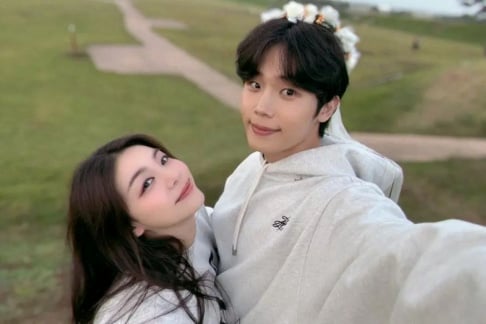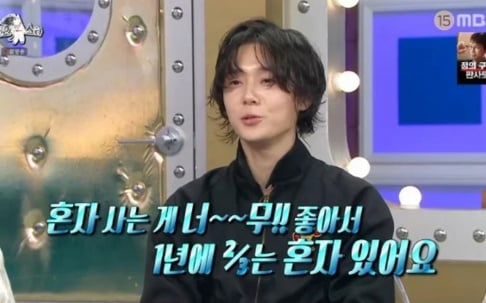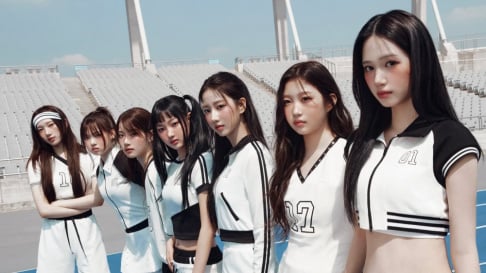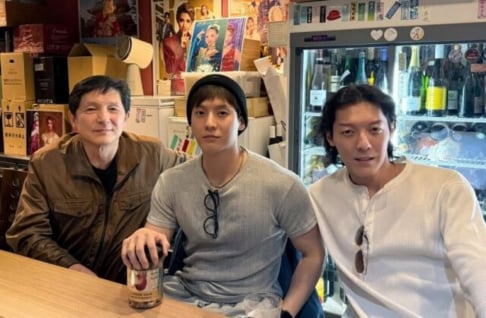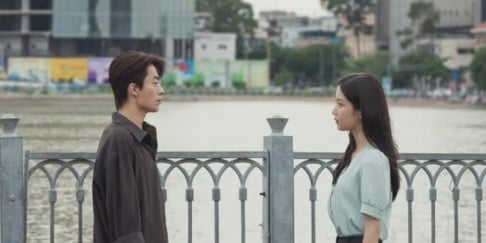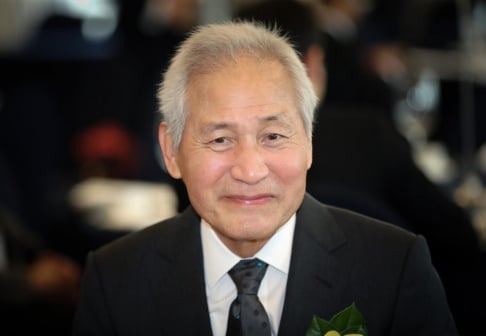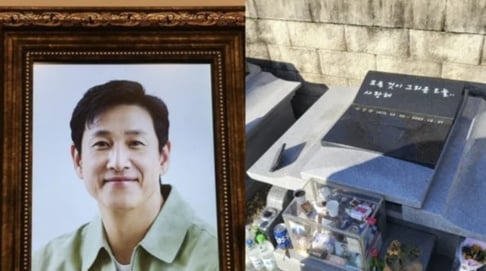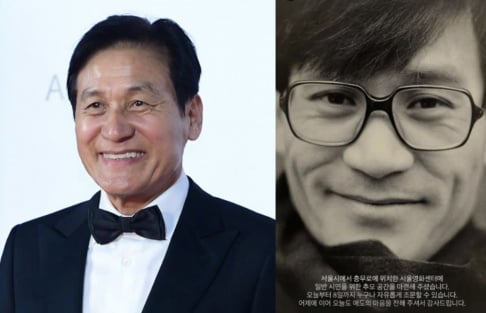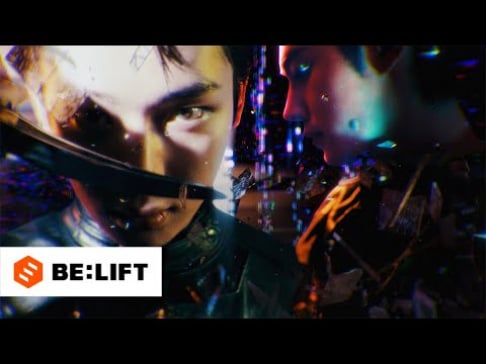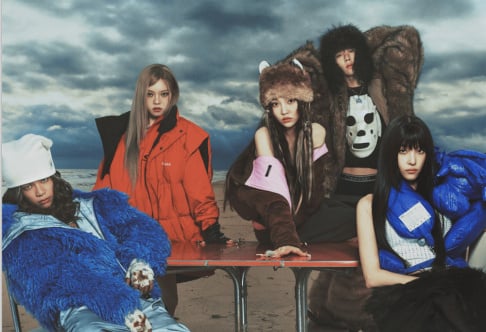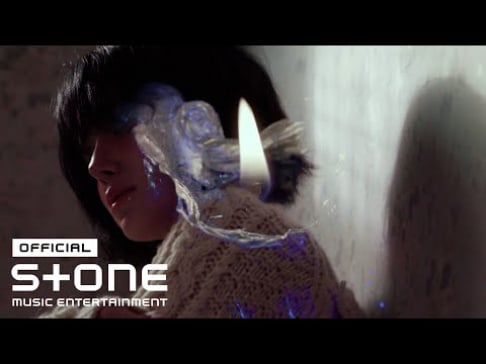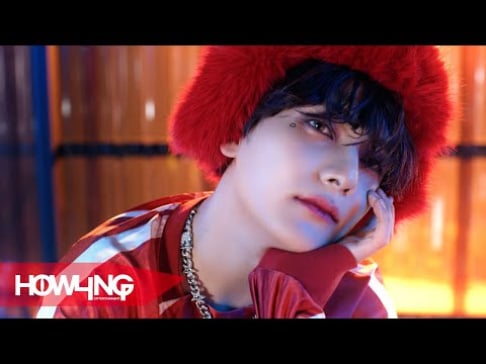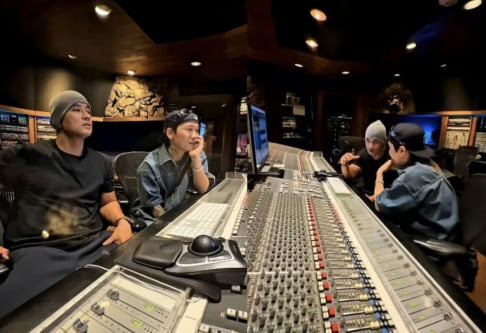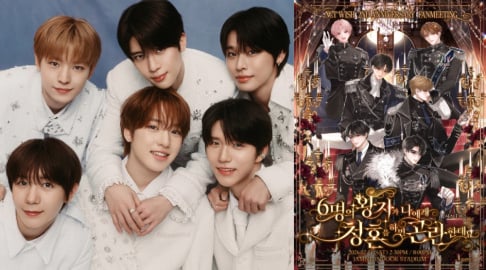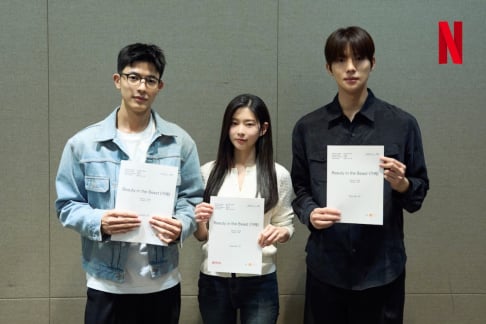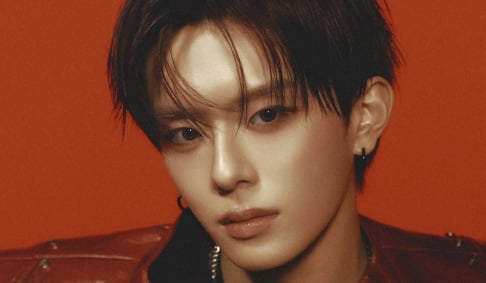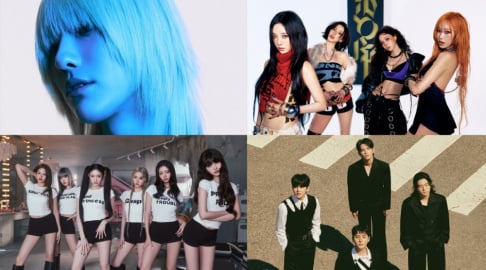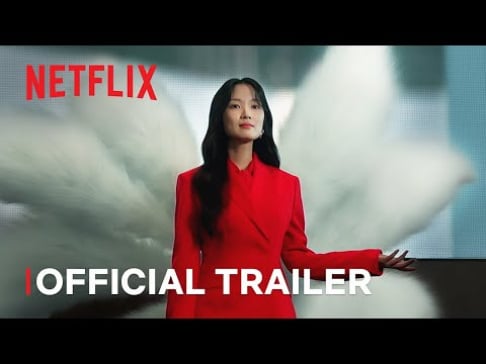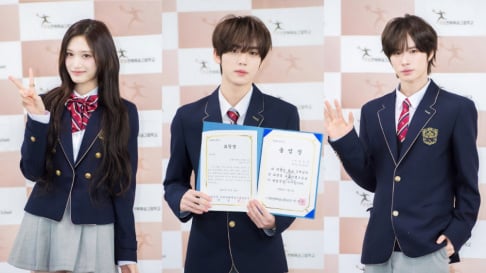
Directed by Maggie Kang, a veteran story artist with two decades at DreamWorks, the animated feature ‘K-pop Demon Hunters’ has quickly risen as a global phenomenon. In an interview with the CBC program ‘Q with Tom Power’, Maggie Kang revealed how her personal journey and cultural experiences shaped the project that is now capturing audiences worldwide.
Growing up in Toronto during the 1990s, Maggie Kang often traveled to Korea during summer vacations, where she was first immersed in K-pop and Korean culture. “In the ’90s, being a K-pop fan in Canada was a kind of secret identity,” she explained. “This film is ultimately the movie I always wanted to see as a teenager.”
A major inspiration came from the first-generation idol group H.O.T. “My bedroom walls were covered with H.O.T. posters, and I would tape music shows on VHS and rewatch them endlessly,” she recalled. “The passion and excitement I felt back then were exactly what I wanted to capture in Huntrix and their rival group, Saja Boys.”
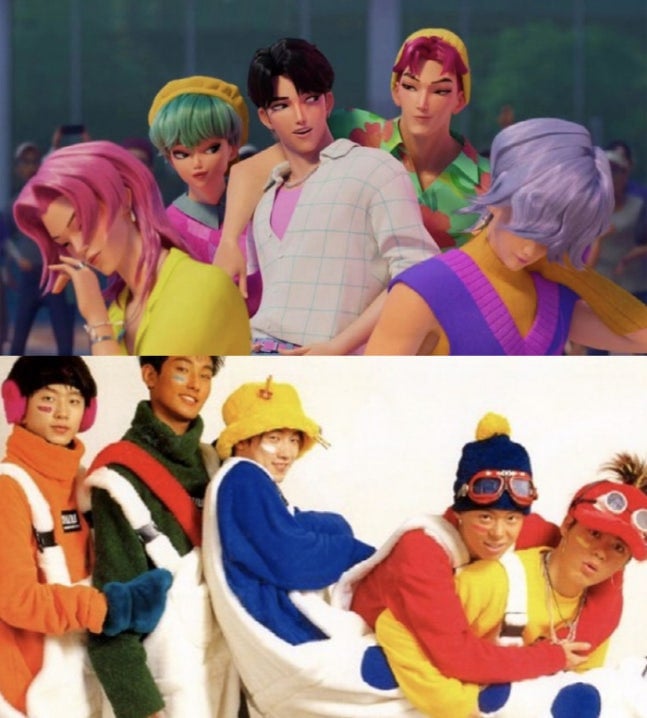
Her path to directing was also influenced by her family. “My father was a cinephile who constantly exposed me to films from around the world,” she said. “That’s how I began dreaming of becoming a storyteller.” The film’s concept originated from an idea she and her husband developed together. “At first we weren’t sure it was possible, but he supported me through everything. Meeting producer Aron Warner helped bring the project to life. It took seven years of effort.”
Central to her vision was creating authentic female characters. “Animated heroines are often portrayed as flawless or overly idealized,” she noted. “I wanted characters who could be silly, make mistakes, and still grow into real young women.” She also described her collaboration process, explaining how animators physically acted out the characters’ emotions to refine gestures and expressions. “That brought them vividly to life,” she said.
On the musical side, Maggie Kang collaborated with industry figures including Teddy, the well-known producer behind BLACKPINK, and songwriter EJ of Roomies. “We wanted the soundtrack to carry the true sound of K-pop. Working with Teddy made it possible to realize that vision.” The film’s OST entered the Billboard charts immediately after release, fueling even more attention.
The narrative also incorporates uniquely Korean elements, such as shamanistic motifs and traditional symbolism. “Korean audiences resonate deeply with those cultural details,” she explained. “And beyond that, fandom culture is at the heart of K-pop itself. This film is not just entertainment; it’s like a promise to K-pop fans everywhere.”
With this blend of cultural authenticity, emotional resonance, and powerful music, ‘K-pop Demon Hunters’ has established itself as both a commercial and cultural success, continuing to expand its reach across global audiences.
 SHARE
SHARE
